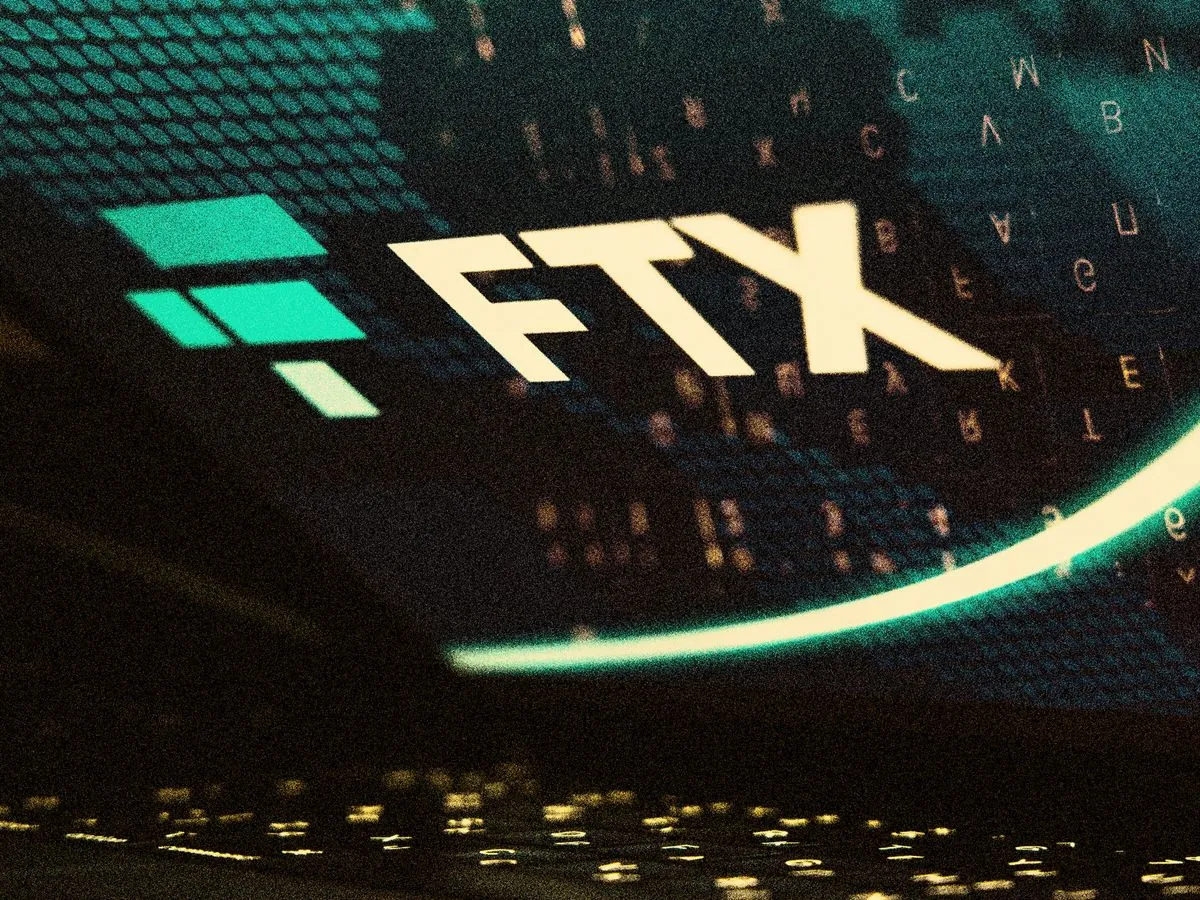FTX Agrees to $12.7 Billion Payout in Massive Fraud Settlement
Defunct crypto exchange FTX to compensate investors $12.7 billion for 2022 bankruptcy losses. Court approves settlement amid fraud charges, marking a significant development in cryptocurrency regulation.

In a significant development for the cryptocurrency industry, FTX, the collapsed digital currency exchange, has reached an agreement to pay $12.7 billion to investors who suffered losses when the company filed for bankruptcy in November 2022. This settlement, approved by U.S. District Judge Kevin Castel in the Southern District of New York, marks a crucial step in addressing one of the largest corporate failures in American history.
The agreement, negotiated between FTX and the Commodity Futures Trading Commission (CFTC), requires the exchange to provide $8.7 billion in restitution and $4 billion in additional remedies. These funds will be used to compensate victims of what the CFTC described as a "massive fraudulent scheme" orchestrated by Samuel Bankman-Fried, the founder of FTX.

Bankman-Fried, once a prominent figure in the cryptocurrency world and advocate for effective altruism, was found guilty of fraud, conspiracy, and money laundering in November 2023. The court sentenced him to 25 years in prison and ordered him to pay $11 million. This verdict came after a month-long trial in New York, highlighting the severe consequences of the exchange's fraudulent practices.
The collapse of FTX, which was founded in 2019 and quickly rose to become the third-largest cryptocurrency exchange by volume, sent shockwaves through the digital currency market. At its peak, FTX sponsored numerous sports teams and even secured naming rights for the Miami Heat's arena, demonstrating its rapid rise to prominence.
CFTC Chairman Rostin Behnam stated, "FTX used age-old tactics to create an illusion that it was a safe and secure place to access crypto markets." He emphasized that basic regulatory tools, such as proper governance, customer protections, and surveillance mechanisms, were absent, ultimately leading to the exchange's downfall.
The court found that FTX violated the Commodity Exchange Act, which has been regulating commodity futures trading since 1936. The exchange misled investors by representing itself as a secure platform for cryptocurrency transactions while co-mingling assets between the exchange and its sister trading company, Alameda Research.
"FTX used age-old tactics to create an illusion that it was a safe and secure place to access crypto markets. But the basic regulatory tools, like governance, customer protections, and surveillance that exist to identify misconduct and ultimately prevent collapse, were simply not there."
Currently, FTX is under the management of John J. Ray III, an attorney specializing in recovering funds from bankrupt companies. Ray, who previously oversaw the liquidation of Enron, faces the challenging task of navigating the complex aftermath of FTX's collapse.
The FTX debacle has affected over one million creditors and led to increased calls for stricter cryptocurrency regulation. It's worth noting that cryptocurrency exchanges are not currently regulated by the Securities and Exchange Commission (SEC) in the United States, highlighting a regulatory gap that many argue contributed to this situation.
In a related development, the CFTC has agreed not to seek additional civil penalties against FTX in a settlement with the Bankruptcy Court for the District of Delaware. This decision allows for a more streamlined process in compensating affected investors.
As of August 9, 2024, nearly two years after FTX's bankruptcy, this settlement represents a significant step towards providing restitution to investors and establishing accountability in the cryptocurrency industry. The case continues to serve as a cautionary tale about the risks associated with unregulated digital currency platforms and the importance of robust oversight in emerging financial technologies.


































